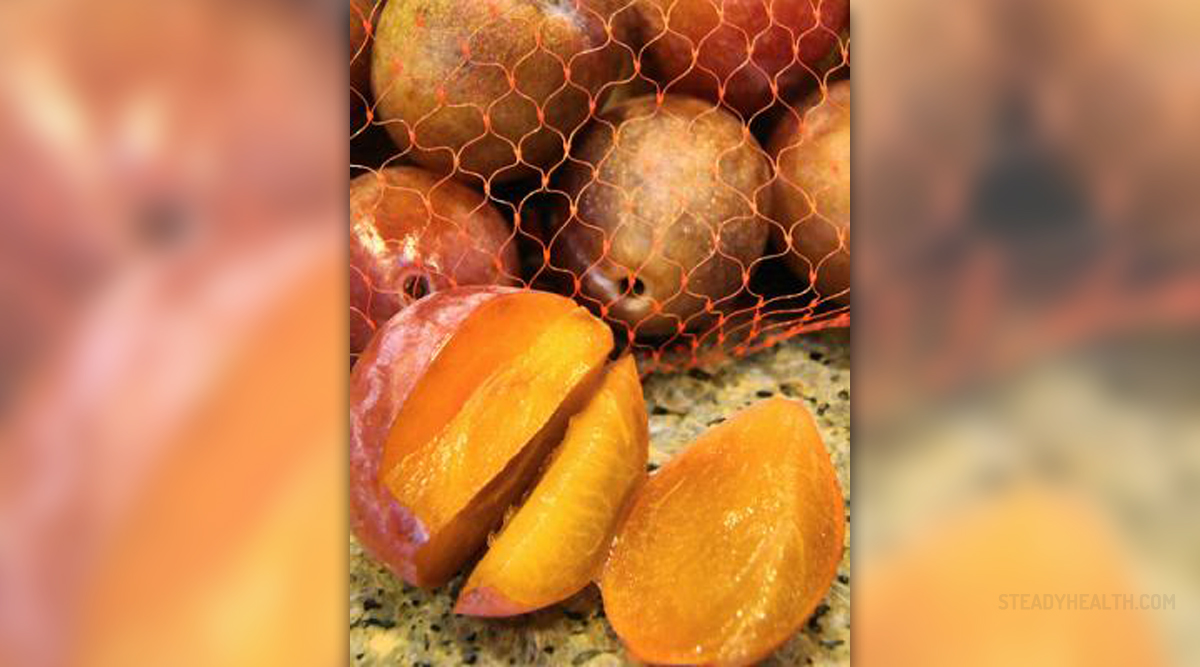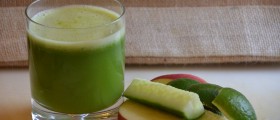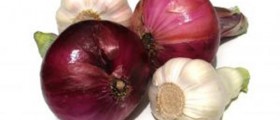Prune juice has been used as a natural laxative for ages. Most people still prefer it over the chemical laxatives, because it is an all-natural and safe remedy.
Prune juice is obtained from dry prunes that first need to be re-hydrated in some warm water. They are then placed in a pulper or a juicer to obtain the juice. Prunes that are mostly used for this remedy are European plums or sugar plums.
Prune juice is rich in antioxidants, vitamins, especially A C and B6, and in both soluble and insoluble fiber.
As most medical practitioners receive little formal training regarding the dietary management of functional GI disorders, dietary recommendations may not be evidence based and there is a reliance on pharmaceutical fibre supplements. If dietary modification fails, laxatives are recommended.
Laxative use is widespread, but there is a low level of satisfaction with these and other common treatments due to lack of efficacy, adverse events, cost, taste and inconvenience.
- Many people with constipation do not consult a doctor and instead self-manage their symptoms with dietary modification or over-the-counter remedies. Meanwhile people without constipation commonly experience symptoms such as straining and incomplete evacuation and there is considerable public demand for functional foods that benefit GI health.
- Low stool weight and prolonged GI transit time are thought to be important risk factors for GI diseases such as colorectal cancer and diverticular disease. Stool weight is relatively low in developed countries, around half of the UK population have stool weights of less than 100 g/day.
- Dietary fibre is thought to be protective, at least in part, via its effects on stool weight and GI transit time, however, fibre intakes in developed countries are generally low, being 13.7–13.9 g/day (nonstarch polysaccharide) in UK adults which is below the recommended 18 g/day. Therefore, there is a need to evaluate the evidence for the effect of food-based dietary fibre on GI function.
- Prunes (dried plums, Prunus domestica) are perceived by the public to have a laxative effect and are traditionally used as a remedy for constipation. The putative action of prunes has been attributed to the high dietary fibre content. However, prunes and their extracted juice contain other components that may contribute to GI function, including the sugar alcohol sorbitol and phenolic compounds, predominantly chlorogenic and neochlorogenic acids, all of which are poorly absorbed by the small intestine and pass undigested into the colon.
Prune Juice Laxative
Laxatives are medications or remedies that are used to treat constipation. Constipation is a common disturbance of the digestive tract that affects almost all people at some point in their life. This disturbance is commonly seen in pregnant women and in elderly people, as well as in those who do not get enough fiber from their diet. It can also be a symptom of several different illnesses.
Constipation means having irregular bowel movements, less than three times a week, with hard and small stool that is difficult to pass.
Prune juice serves as one of the best solutions for constipation thanks to several of its properties. It contains dihydrophenylisatin, a component with laxative action that assists the muscle contractions.
Prune juice is also a great source of fiber, which gives bulk to the stool and enables its passing. In addition, simple sugars found in prune juice, like fructose, sucrose and sorbitol draw fluids to the intestines, softening the stool and bulking it up, so it is easier to eliminate.
Laxative Remedies with Prune Juice
Prune juice can be consumed alone, in the morning and in the evening, but it also works great combined with other ingredients. One of the best ways to relieve constipation is to drink three glasses of prune juice on an empty stomach, and to follow them with one glass of apple juice after 30 minutes. Another glass of apple juice should be taken after an hour. This method seems to solve even the most severe cases of constipation.
Eight ounces of oat milk mixed with three ounces of prune juice can be combined together in a glass and drank first thing in the morning to solve constipation problems.
Prune juice can be mixed with unprocessed bran, which has high fiber content. One cup of bran, one cup of apple sauce and three quarts of a cup of prune juice are mixed well until they form a thick paste. One tablespoon of the paste taken in the morning on an empty stomach with a glass of water is bound to stimulate bowel movement and cure constipation.


















Your thoughts on this
Loading...